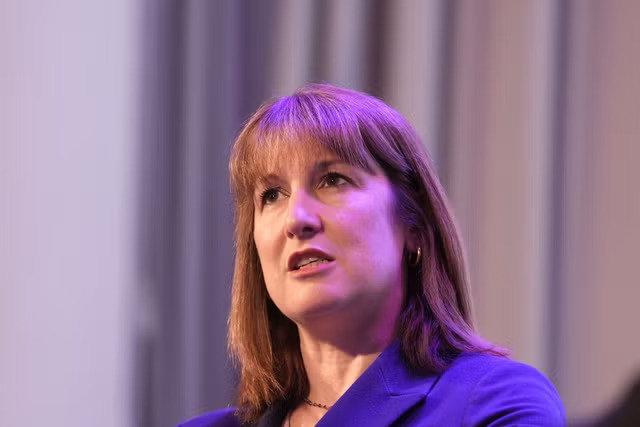Chancellor Rachel Reeves has come under scrutiny after the parliamentary standards commissioner found she inadvertently broke House of Commons rules by failing to declare gifts within the required time frame.
The investigation was triggered by Reeves’ failure to record complimentary theatre tickets in the MPs’ register of interests within 28 days, as required by parliamentary guidelines. The tickets, which were donated by the National Theatre, included a visit to the festive production of Ballet Shoes, a stage adaptation of the cherished children’s novel, during the Christmas period.
Though Reeves had entered the donation in the ministerial gifts register, she did not disclose the MPs’ register. The dual-recording requirement applies to MPs who also serve as ministers.
In her written response to standards commissioner Daniel Greenberg, the chancellor attributed the omission to “an oversight”. She acknowledged the need for clarity in how such gifts should be reported, especially when they straddle her roles as both a cabinet minister and a member of parliament.

“There is often ambiguity as to whether hospitality I receive is purely as a result of my role as a minister, or whether it is additionally received in my capacity as an MP. Therefore, to be as transparent as possible, it is my ongoing intention to declare hospitality of this nature on both registers.”
Rachel Reeves
Commissioner Urges Attention To Rules
After examining the matter, Greenberg concluded that the breach was unintentional but stressed it could have been avoided with more vigilance. “Greater attention to the rules”, he advised, would prevent similar missteps in the future.
Reeves has issued a formal apology and committed to ensuring that future donations are registered in accordance with parliamentary standards.
The investigation focused on two ticket-related donations from the National Theatre. One, in March last year, included dinner and was valued at £265. The second, the Christmas Ballet Shoes performance, came to £276. Neither was recorded in the Commons register within the 28-day reporting window.
The timing of the watchdog’s findings was particularly awkward for the chancellor, coinciding with local elections where the Labour Party suffered setbacks. The lapse also came amid broader efforts by the party to demonstrate integrity and transparency as it consolidates power.
This is not the first time Reeves has faced public scrutiny over hospitality. Earlier this year, she received backlash from MPs for accepting complimentary tickets to a Sabrina Carpenter concert, at the same time as she announced proposals to reduce welfare spending by £5 billion.
Moreover, last year, Reeves had to publicly promise she would no longer accept free clothing from donors after the early months of Labour’s administration were overshadowed by public discontent over ministerial perks.
Despite these controversies, Reeves has remained outspoken about her economic reform agenda. In a recent Mansion House address, she laid out plans to overhaul the regulatory framework, arguing that “regulation still acts as a boot on the neck of businesses”, hindering innovation and growth.
“We have been bold in regulating for growth in financial services,” she told her audience of financiers. “I have been clear on the benefits that will drive with a ripple effect across all sectors of our economy, putting pounds in the pockets of working people.”
Her push to “boldly regulate for growth in the service of prosperity” has been positioned as a cornerstone of Labour’s strategy to revitalise the UK economy. However, these latest revelations may pose a distraction to the party’s broader messaging.
READ ALSO: Republic Bank Rockets 5% as GSE Market Cap Nears Historic GHS140 Billion Mark























